I'm trying to extend the grammar of the Tiny Language to treat assignment as expression. Thus it would be valid to write
a = b = 1; // -> a = (b = 1)
a = 2 * (b = 1); // contrived but valid
a = 1 = 2; // invalid
Assignment differs from other operators in two aspects. It's right associative (not a big deal), and its left-hand side is has to be a variable. So I changed the grammar like this
statement: assignmentExpr | functionCall ...;
assignmentExpr: Identifier indexes? '=' expression;
expression: assignmentExpr | condExpr;
It doesn't work, because it contains a non-LL(*) decision. I also tried this variant:
assignmentExpr: Identifier indexes? '=' (expression | condExpr);
but I got the same error. I am interested in
- This specific question
- Given a grammar with a non-LL(*) decision, how to find the two paths that cause the problem
- How to fix it

